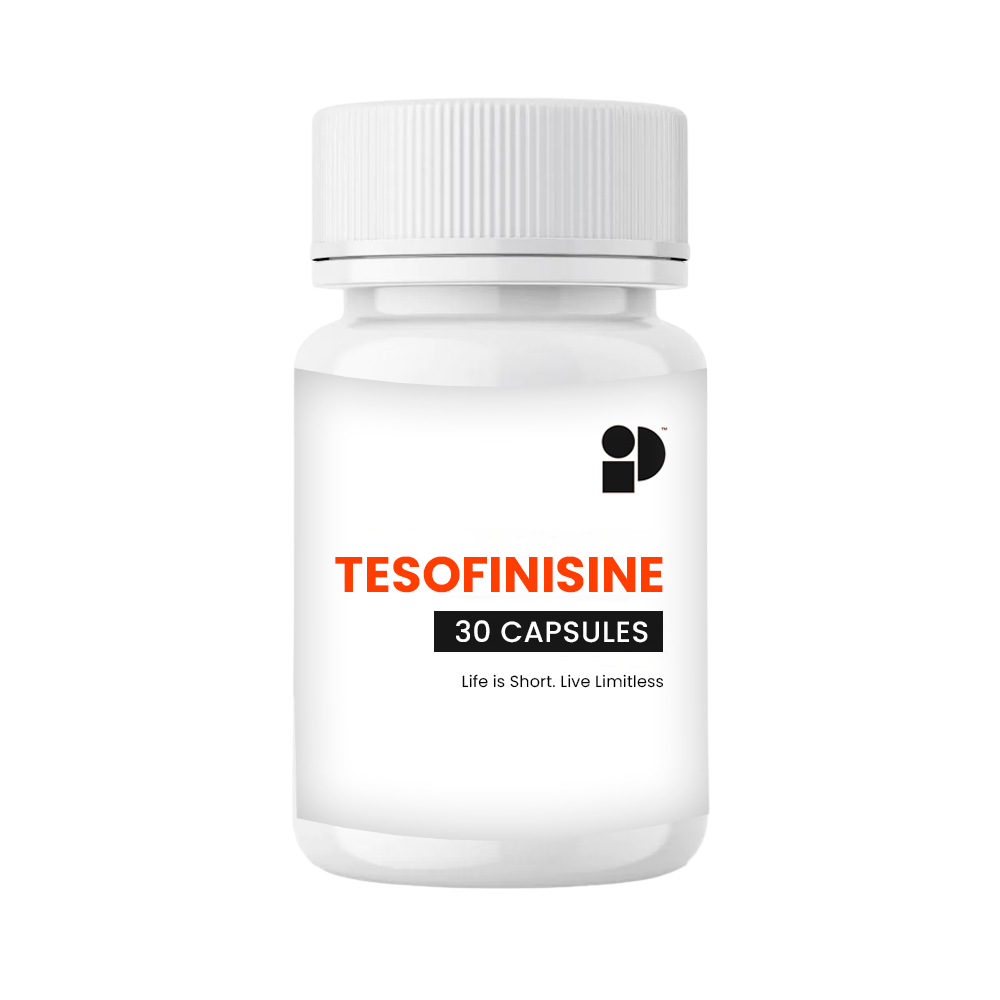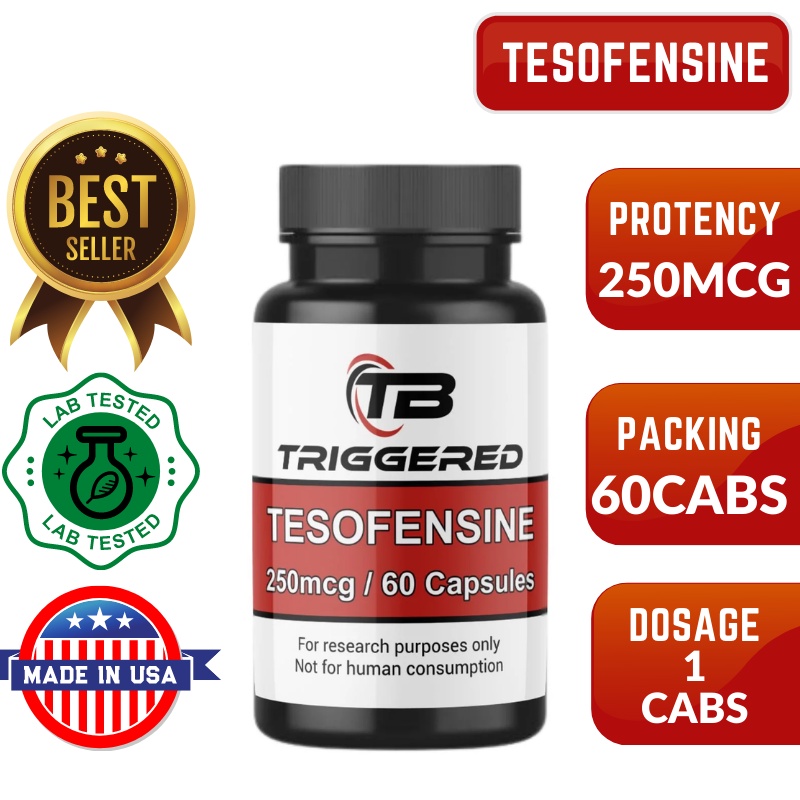
September 5, 2024
Healthcare Complimentary Full-text Pharmacological Assistance For The Therapy Of Obesity Present And Future
Health Care Cost-free Full-text Medicinal Assistance For The Treatment Of Excessive Weight Existing And Future NeuroSearch has actually additionally reported acting results [9] from a 48-week, open-label, expansion test (TIPO-4) in which 140 individuals that finished the 24-week phase IIB trial (TIPO-1) were re-enrolled after an average of 3 months' wash-out. All were at first treated with 0.5 mg tesofensine daily yet up-titration to 1.0 mg once daily was allowed the very first 24 weeks of the expansion study. The 24-week acting results for those who were formerly treated with tesofensine 0.5 mg in TIPO-1 revealed a total mean fat burning of in between 13 kg and 14 kg over 48 weeks of therapy. Moreover, TIPO-4 validated the TIPO-1 results considering that those patients who were previously treated with sugar pill lost around 9 kg in the very first 24 weeks of the TIPO-4 research.
Food Intake And Body Weight
Why was tesofensine ceased?
Tesofensine was originally checked out for the therapy of Alzheimer''s disease and Parkinson''s disease, and was ultimately dropped from growth for these applications after very early test results showed minimal efficiency for treatment of these illness.

Glycerol-3-phosphate Acyltransferase Isoform-4 (gpat Restrictions Oxidation Of Exogenous Fatty Acids In Brownish Adipocytes
Existing pharmacotherapeutic techniques include stimulants that enhance energy consumption, anti-diabetic agents, hypothalamic-- pituitary alternative therapy, octreotide, and methionine aminopeptidase 2 (MetAP2) inhibitors. Some medicinal studies of hypothalamic excessive weight record weight management or stablizing however reported treatment durations are short, and others report no result. Novel or consolidated strategies to take care of hypothalamic excessive weight are thus called for to achieve credible and sustained weight management. Determining etiological aspects adding hypothalamic obesity may lead to multi-faceted treatments targeting hyperphagia, insulin resistance, reduced energy expenditure, rest disturbance, hypopituitarism and psychosocial morbidity. Placebo-controlled tests making use of existing single, or mix therapies are called for to figure out the influence of restorative agents.- The negative occasions consisted of paresthesia, somnolenceand trouble with memory, concentration and interest such that 21% of thetopiramate groups withdrew due to negative occasions [57]
- This remodelling of the ARCAgRP/NPY projections correlates with increased activation of paraventricular hypothalamic centers nerve cells with the goal to bring back food intake114.
- Tesofensine is a three-way natural chemical re-uptake inhibitor that acts upon the central nervous system to enhance efficacy compared to solitary re-uptake inhibitors such as bupropion and rimonabant.
- Last but not least, the simultaneous contrast of peptides matched in structure and pharmacokinetics, yet otherwise without a single biological activity, comprises a too high financial investment when the size of research study is gauged in months.
- It can be said that better loved one weight-loss in rats is anticipated as mice possess a greater mass-specific power expense than human beings, with a higher contribution of brownish adipose tissue to metabolic rate128.
3 Methionine Aminopeptidase Preventions (metap
A 2nd large-scaletrial to assess major cardiovascular occasions in overweight patients, CONVENE, beganin 2015. This trial was ended in 2016, and Orexigen launched a statementthat they intend to perform a brand-new research study to satisfy the FDA need. Thepackage insert for Contrave advises that treatment must be examined after 12weeks at the upkeep dose and ceased, if the patient has actually not lost 5% of their body weight. A follow-up trial carried out according to theseinstructions revealed that people with a weight loss of at least 5% at 16weeks on NB-32 had a weight loss at one year of 11.7% of body weight [50] Phentermine, an appetite-suppressant, is an amphetamine derivative withan α-methyl alternative on the phenylethylamine side chain that causes areduction in CNS stimulation. It is accepted for as much as 12 weeks and can haveside results such as increased high blood pressure and pulse price, insomnia and drymouth. Other digestive tract hormones (e.g., amylin, OXM, PYY3-- 36) as potential antiobesity medicines are presently being explored (61 ). Amylin prevents food intake in the area postrema through particular amylin receptors, manages gastric emptying, and subdues unsuitable postprandial glucagon secretion. Continual weight loss of 7.2 kg in response to a 12-month Click here for more info therapy with artificial amylin analog pramlintide (360 μg twice daily) was demonstrated in overweight and relatively healthy and balanced topics (62 ). OXM inhibits food intake in the hypothalamus by binding to three various receptors (GLP-1 receptor, glucagon receptor, and independent OXM receptor). Only initial data on power intake, power expenditure, and fat burning in human beings after OXM and PYY3-- 36 have been offered (61 ). The less regular queasiness after administration of OXM than after GLP-1 agonists urges better professional studies.Social Links
